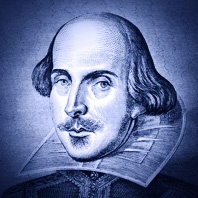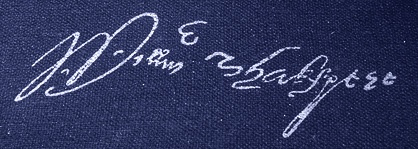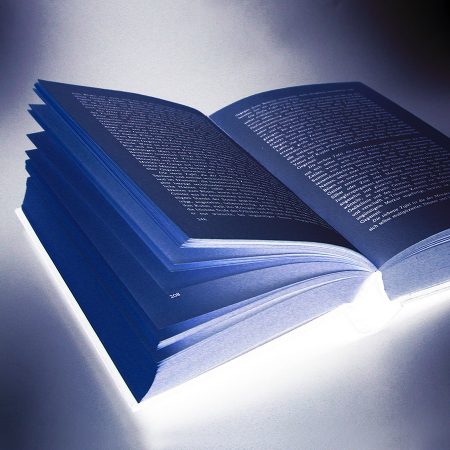Shakespeare and the full moon

We figured it would be obvious to look for the full moon in the works of England’s most famous poet William Shakespeare (1564–1616). Surprisingly, the »moon« is to be found more often, however the word »full moon« appears in the original text only once, namely in »King Lear«.
The text of the comedy »A Midsummer Night’s Dream« (approx. 1595), contains the moon a whopping 52 times (28 times in the last act alone) and it can be assumed that Shakespeare was thinking of the full moon when he wrote these lines. Although it is not described as the »full moon«.
A MIDSUMMER NIGHT’S DREAM
Act 5, Scene 1Pyramus:
»Sweet Moon, I thank thee for thy sunny beams;
I thank thee, Moon, for shining now so bright;
For, by thy gracious, golden, glittering gleams,
I trust to take of truest Thisby sight.«

As mentioned, it looks actually better in the tragedy »King Lear« (approx. 1605), where the English original contains the word »full moon«.
KING LEAR
Act 4, Scene 6Edgar:
»As I stood here below, methought his eyes
Were two full moons; he had a thousand noses,
Horns whelk’d and waved like the enridged sea:
It was some fiend; therefore, thou happy father,
Think that the clearest gods, who make them honours
Of men’s impossibilities, have preserved thee.«


In »Othello« (approx. 1603), the »full moon« is referred to in this way in the modern English version. The English original text talks of the »moon« only.
OTHELLO
Act 5, Scene 2Emilia:
»Oh, my lord, terrible murders have been committed over there!«Othello:
»What? Just now?«Emilia:
»Yes, just now, my lord.«Othello:
»It’s because of the full moon. It comes too close to the earth and drives men crazy.«

Lastly, in »Macbeth« (approx. 1606), a lunar eclipse is being mentioned after all, which as we know, can only take place during the full moon. This is probably only a metaphorical speech and not an astronomical description, when one of the witches recites her spell:
MACBETH
Act 4, Scene 1Third witch:
»[…] Gall of goat, and slips of yew
Silver’d in the moon’s eclipse,
Nose of Turk and Tartar’s lips […]«


So, only »one time the full moon in Shakespeare« remains, despite the many moons in the extensive work and despite the fact that it would have gone without saying for a poet of the old days, to speak of the full moon light when describing nightly sceneries. But maybe it is actually like this, that the full moon was such a matter of course in those days, that it did not require any special mentioning when the Moon was full. Who knows …

Photo »King Lear«: University of Minnesota
